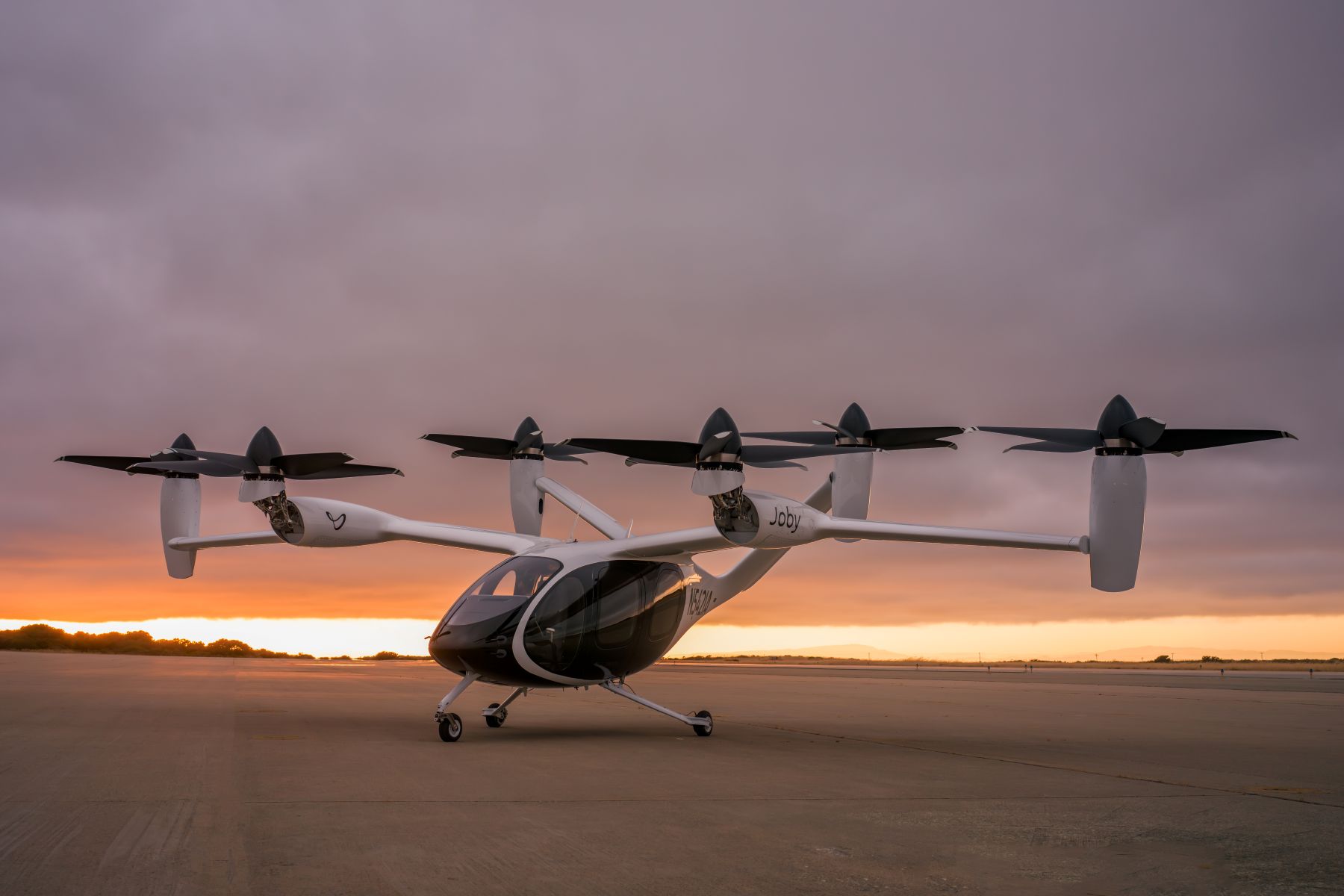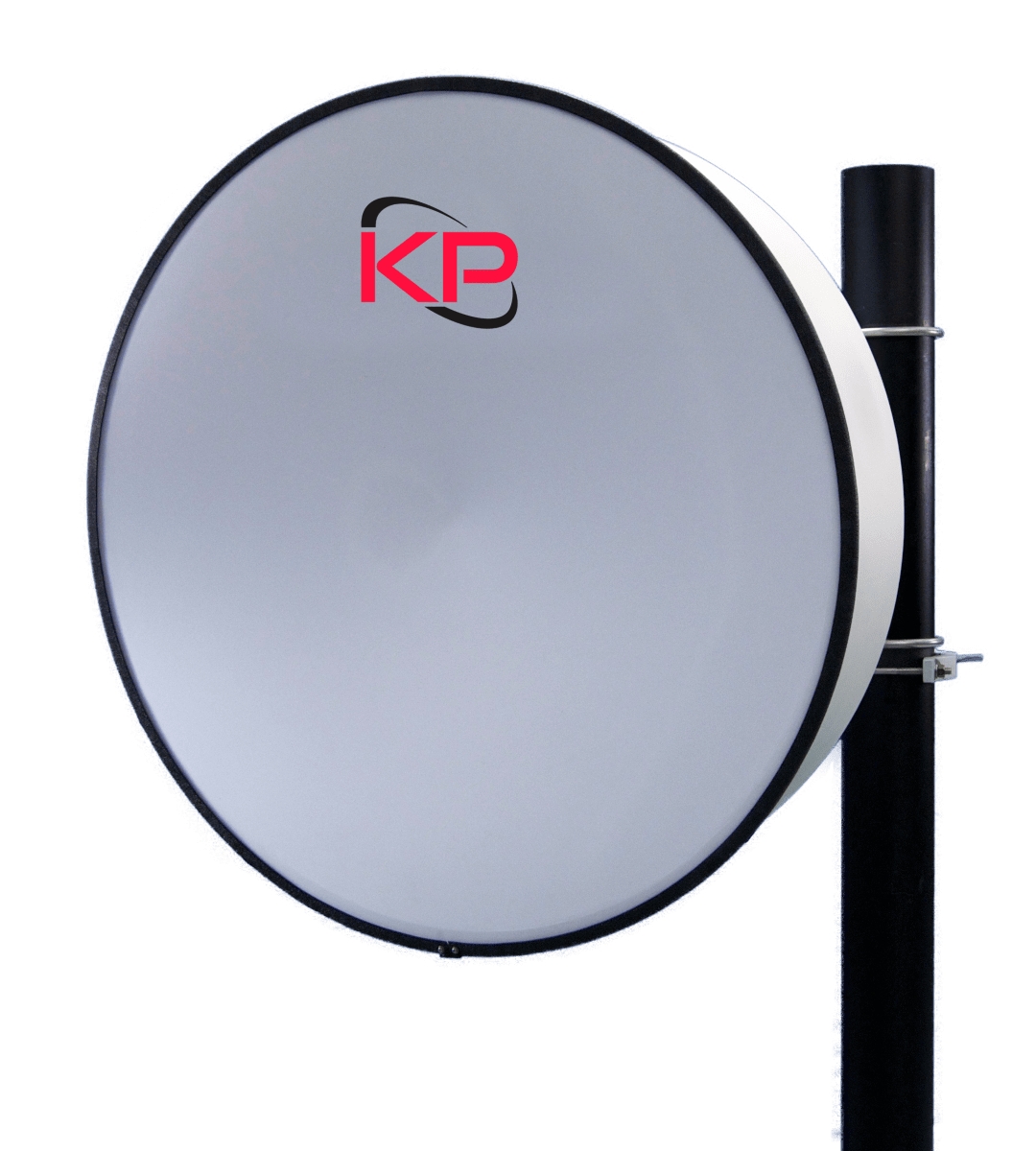Joby Completes Submission of Stage Three Certification Plans to the FAA

-Joby Aviation, Inc. (NYSE:JOBY), a company developing electric vertical take-off and landing (eVTOL) aircraft for commercial passenger service, today announced it has submitted all of its Certification Plans to the Federal Aviation Administration (“FAA”), marking further progress toward completing the third of five stages required to certify its aircraft for commercial use.
“We’re grateful for the FAA’s continued commitment to safely introducing next-generation aircraft into service.”Tweet this
In the third stage of the FAA type certification process (“Certification Plans”), Joby specifies the tests, analyses, and design reports the Company intends to perform to demonstrate compliance with each safety regulation that applies to the Company’s aircraft, as defined in the second stage (“Means of Compliance”).
In February, Joby became the first eVTOL company to complete the second stage of the certification process, after becoming the first to complete stage one and have its Certification Basis published in the Federal Register.
“Joby continues to lead the way on certifying eVTOL aircraft with the FAA, and today’s news is another step towards launching commercial service in 2025,” said Didier Papadopoulos, Head of Aircraft OEM at Joby. “We’re grateful for the FAA’s continued commitment to safely introducing next-generation aircraft into service.”
Joby’s stage three submittals include about a dozen Area-Specific Certification Plans (ASCPs), which cover both hardware and software aspects of every system onboard the Company’s five-seat eVTOL aircraft, including its flight controls, energy storage and distribution system, and propulsion system. In addition to submitting all of its ASCPs, as expected, Joby has also submitted all other Certification Plans comprising the third stage of its aircraft type certification program, including detailed plans for aircraft cybersecurity and systems safety.
Last week, Joby celebrated the launch of production at its pilot production line in Marina, CA, as the first aircraft built on the line secured a Special Airworthiness Certificate from the FAA, clearing it to begin flight testing. The aircraft is expected to be delivered to Edwards Air Force Base as part of Joby’s contract with the U.S. Air Force worth up to $131 million.
About Joby
Joby Aviation, Inc. (NYSE:JOBY) is a California-based transportation company developing an all-electric, vertical take-off and landing air taxi which it intends to operate as part of a fast, quiet, and convenient service in cities around the world. To learn more, visit www.jobyaviation.com.
Forward Looking Statements
This press release contains “forward-looking statements” within the meaning of the “safe harbor” provisions of the Private Securities Litigation Reform Act of 1995, including but not limited to, statements regarding the development and performance of our aircraft, the growth of our manufacturing capabilities, our regulatory outlook, progress and timing, including our expectation to start commercial passenger service in 2025, and our plan to begin initial service operations with the Department of Defense; and our business plan, objectives, goals and market opportunity. You can identify forward-looking statements by the fact that they do not relate strictly to historical or current facts. These statements may include words such as “anticipate,” “estimate,” “expect,” “project,” “plan,” “intend,” “believe,” “may,” “will,” “should,” “can have,” “likely” and other words and terms of similar meaning in connection with any discussion of the timing or nature of future operating or financial performance or other events. All forward-looking statements are subject to risks and uncertainties that may cause actual results to differ materially, including: our ability to launch our aerial ridesharing service and the growth of the urban air mobility market generally; our ability to produce aircraft that meet our performance expectations in the volumes and on the timelines that we project, and our ability to launch our service; the competitive environment in which we operate; our future capital needs; our ability to adequately protect and enforce our intellectual property rights; our ability to effectively respond to evolving regulations and standards relating to our aircraft; our reliance on third-party suppliers and service partners; uncertainties related to our estimates of the size of the market for our service and future revenue opportunities; and other important factors discussed in the section titled “Risk Factors” in our Annual Report on Form 10-K, filed with the Securities and Exchange Commission (the “SEC”) on March 1, 2023, and in future filings and other reports we file with or furnish to the SEC. Any such forward-looking statements represent management’s estimates and beliefs as of the date of this presentation. While we may elect to update such forward-looking statements at some point in the future, we disclaim any obligation to do so, even if subsequent events cause our views to change.




